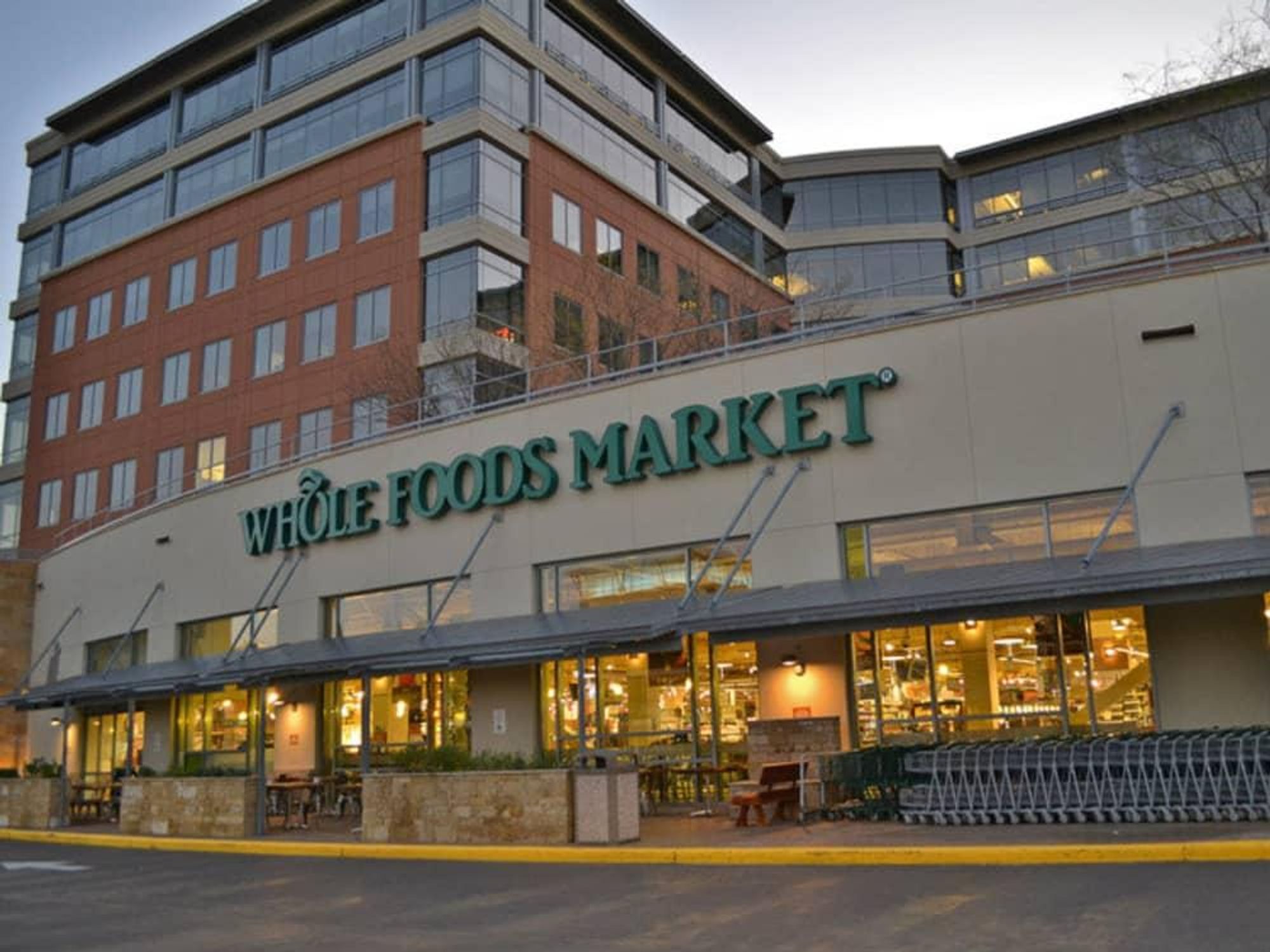Suck it up
Whole Foods Market reveals plans to trash plastic in stores nationwide

Following the lead of companies like Starbucks, Hilton, and Hyatt, Whole Foods Market is trashing plastic straws and bulky plastic packaging in favor of more environmentally friendly options.
Whole Foods, owned by Amazon, said May 20 that it’ll become the first national grocer to switch from plastic to paper straws. The change, being made in July, will affect Whole Foods-operated venues, including coffee bars, juice bars, and cafes, at stores in the U.S., Canada, and the United Kingdom.
As a replacement for plastic straws, the natural and organic foods grocer will supply recyclable, compostable paper straws with frozen drinks or upon request. Plastic straws will remain an option for customers with disabilities.
In recent years, environmentalists — backed by celebrities like Tom Brady and Martha Stewart — have raised concerns about plastic straws contributing to the pollution of global waterways and land. Americans use 500 million plastic straws a day, while an estimated 7.5 million plastic straws are strewn across U.S. beaches.
“Straws are something anyone can give up easily without having it affect their lifestyle,” Diana Lofflin, founder of StrawFree.org, a San Diego-based nonprofit, told NBC News. “It’s a small step anyone can take to make a global impact.”
The American Chemistry Council, however, opposes banning plastic straws. Instead, it advocates giving plastic straws only to customers who request them, insisting that “there are circumstances where straws enhance safety and sanitary conditions.”
Whole Foods also says it’s replacing hard-plastic containers for rotisserie chicken with bags that use about 70 percent less plastic. Earlier this year, the company switched to smaller plastic bags in its produce department.
These single-use packaging changes at Whole Foods will eliminate an estimated 800,000 pounds of plastics each year, the company says.
“For almost 40 years, caring for the environment has been central to our mission and how we operate,” A.C. Gallo, president and chief merchandising officer at Whole Foods, says in a release. “We will continue to look for additional opportunities to further reduce plastic across our stores.”
In 2008, Whole Foods became the first U.S. grocer to eliminate disposable plastic bags for customers’ groceries. It recently got rid of polystyrene/Styrofoam meat trays at all of its stores in the U.S. and Canada.
David Pinsky, a San Francisco-based leader of the Greenpeace environmental organization, applauds Whole Foods’ straw ban and other moves to decrease its use of plastics.
“It’s good to see Whole Foods acknowledging its role in the plastic pollution crisis and making some changes, but retailers must go much further than phasing out plastic straws and cutting down on the amount of plastic used in select packaging,” Pinsky tells sustainability blog TreeHugger.
“As a forward-thinking company, Whole Foods must release a comprehensive public plan to reduce plastic throughout its stores to match the scale of the problem,” Pinsky adds. “Now more than ever, we need retailers like Whole Foods to embrace real innovation — moving toward systems of reuse and thinking beyond throwaway materials. Our oceans, waterways, and communities depend on it.”
